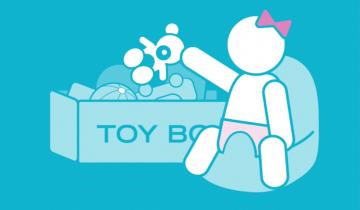Speech impairments like dysarthria are common in children with cerebral palsy (CP) which can greatly affect participation across environments. Our study examined how speech impairment severity changes over time in 101 children with CP at 4, 6, 8, and 10 years of age.
An international study recently published in the journal Nature Genetics has provided the first firm evidence that for a substantial number of people, their cerebral palsy (CP) may be caused by a genetic mutation, or mis-spelling in the body’s DNA blueprint.
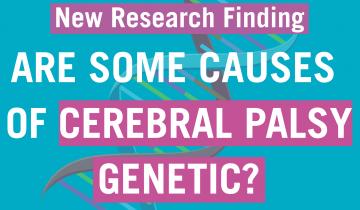
"In addition to commonly associated environmental factors, genomic factors may cause cerebral palsy. We performed whole-exome sequencing of 250 parent–offspring trios, and observed enrichment of damaging de novo mutations in cerebral palsy cases."
I have cerebral palsy spastic diplegia. So it affects my legs and sometimes my fine motor skills. I walk with two canes. I do things a little slower, but I get things done.
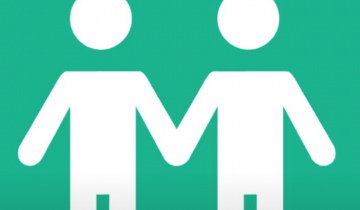
One thing that parents can say to start a conversation with their kids is, "Let's talk".
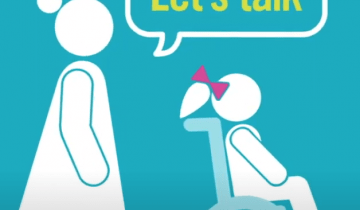
When first meeting a parent who's had a child newly diagnosed with cerebral palsy, I really want to try and help them understand their baby. It can be difficult for parents to take it in all at once and many leave that first interview quite overwhelmed, but you're going to meet some really important and helpful people.
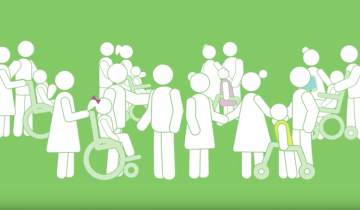
Babies develop about 80% of their brain growth over the first two years of life, and it's also when all the connections in the brain, what we call the white matter, which is the cables in the brain, grow and develop and connect to the cortex.
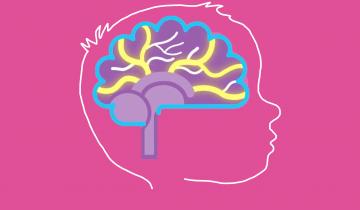
A lot of parents don't realize that their baby, all the skills that they have. So they can look at you, they can follow you. They're already starting to imitate you, and through the first few months of life, they're already starting to learn to reach and grasp toys, and to have nonverbal communication with you.
